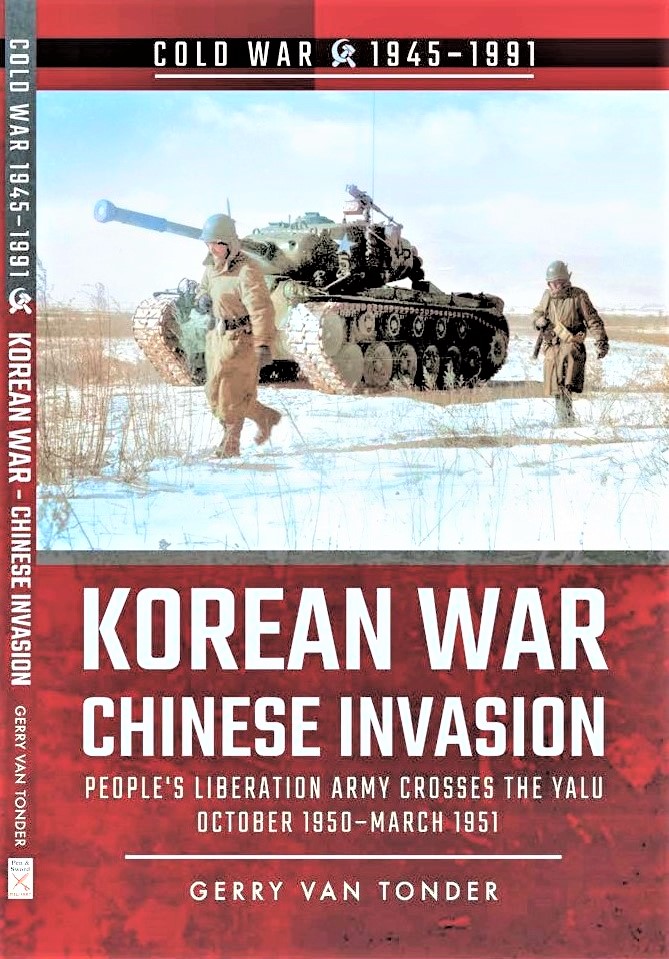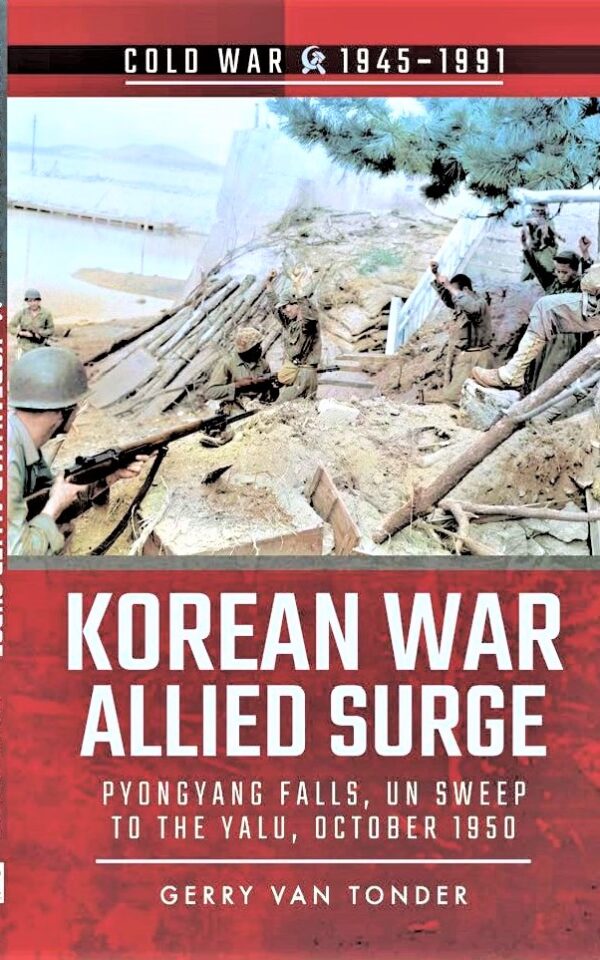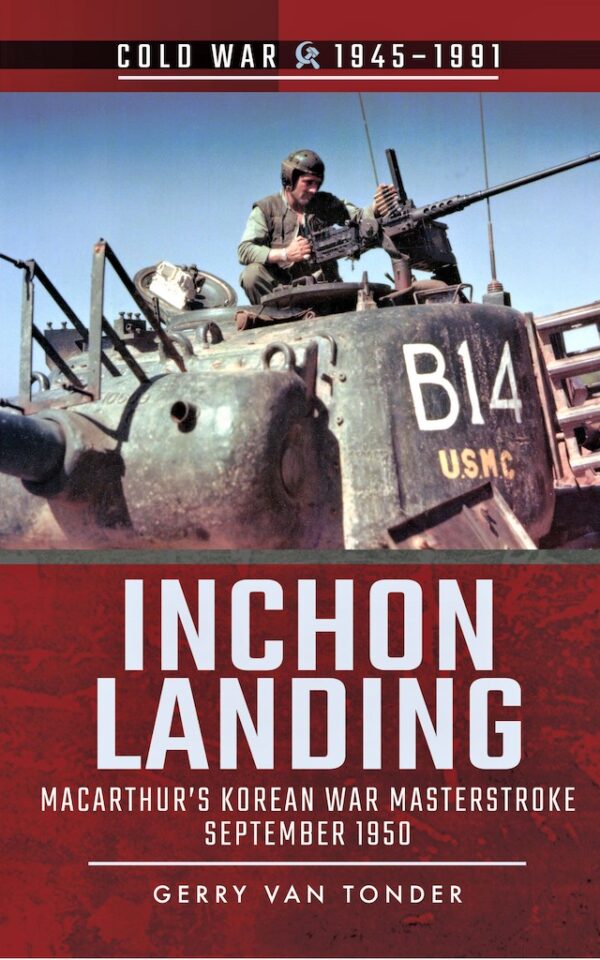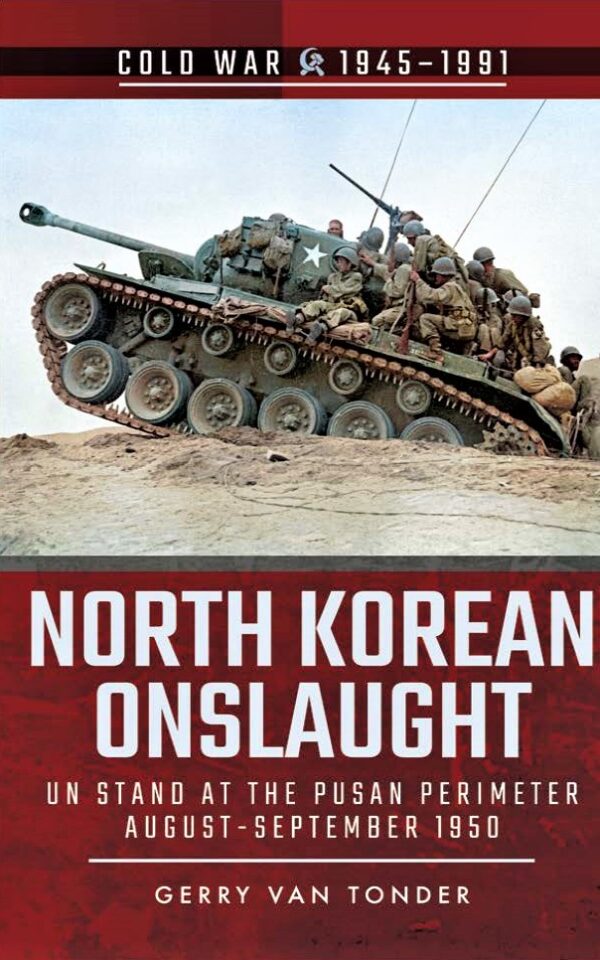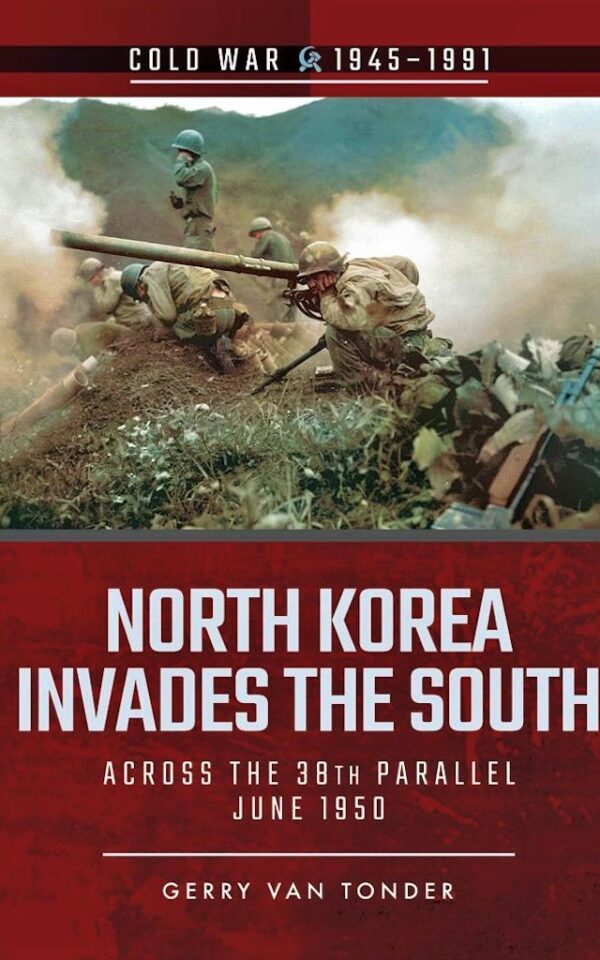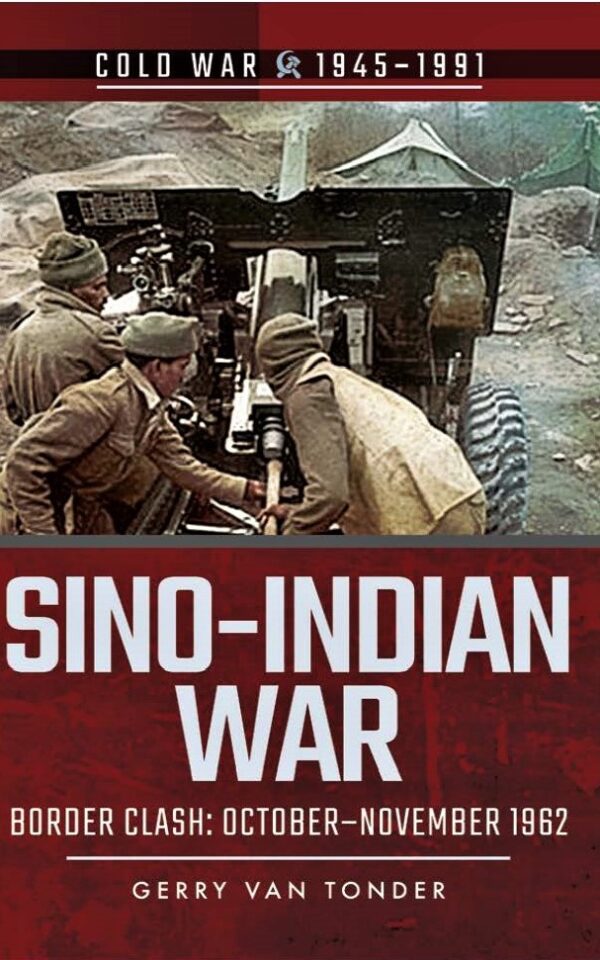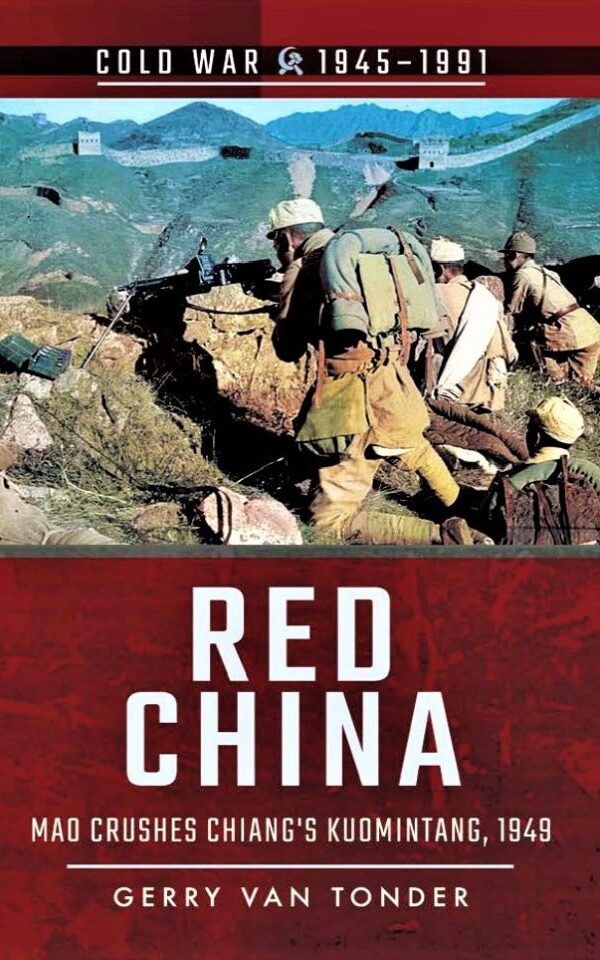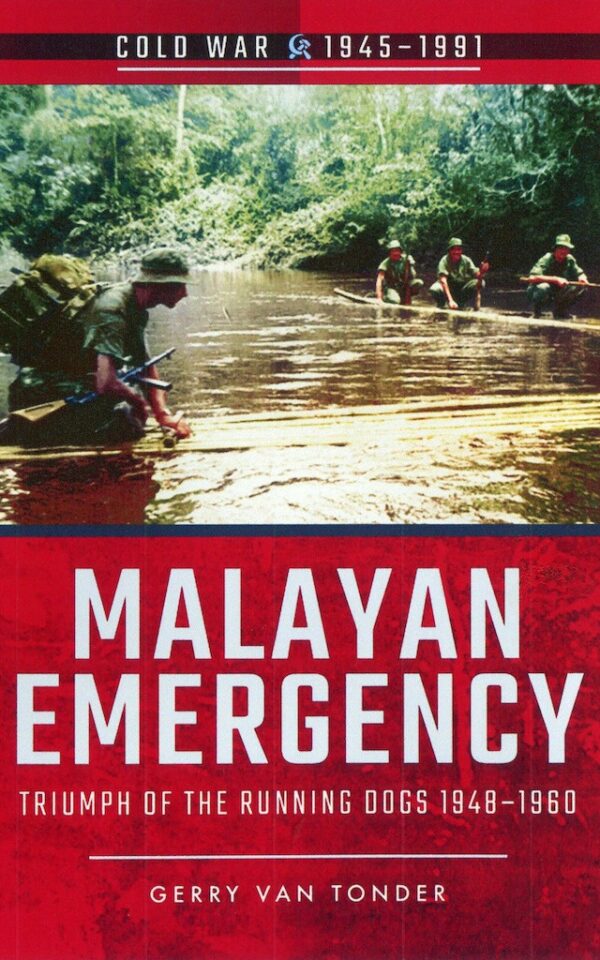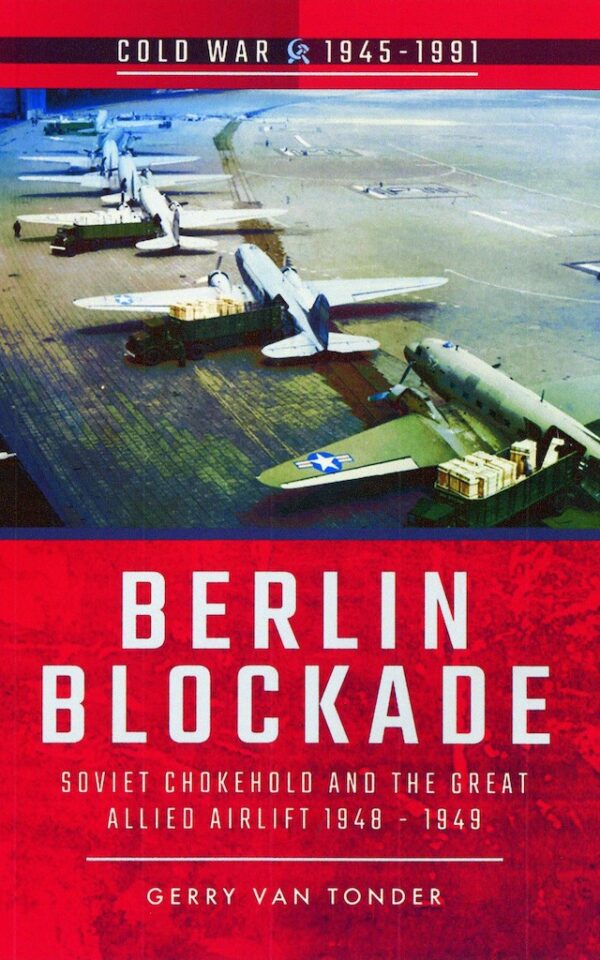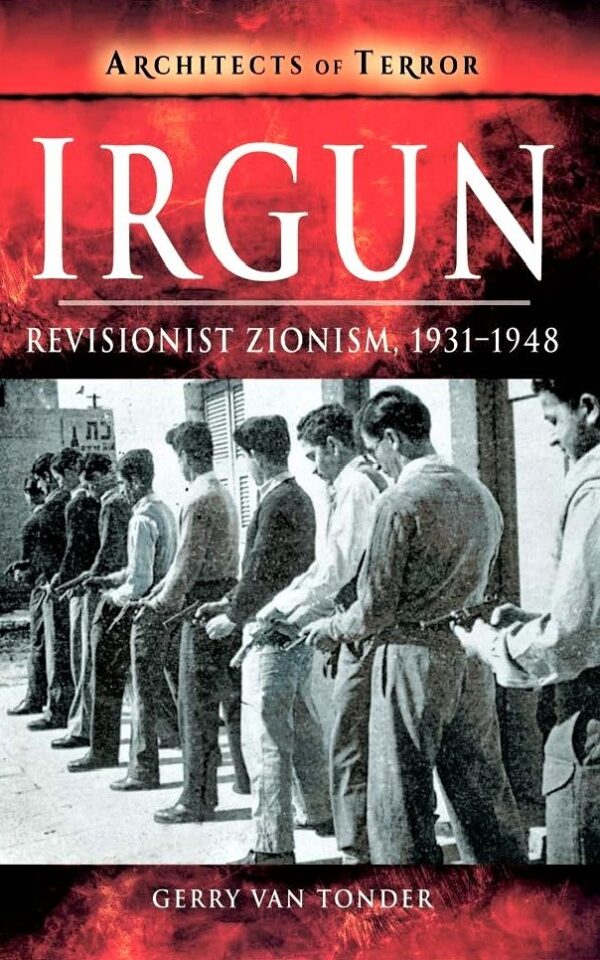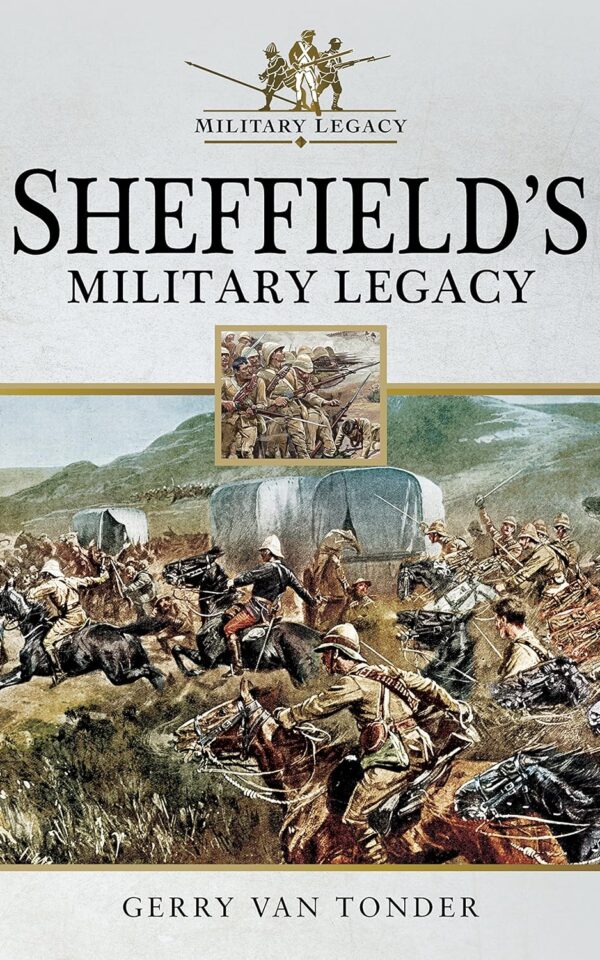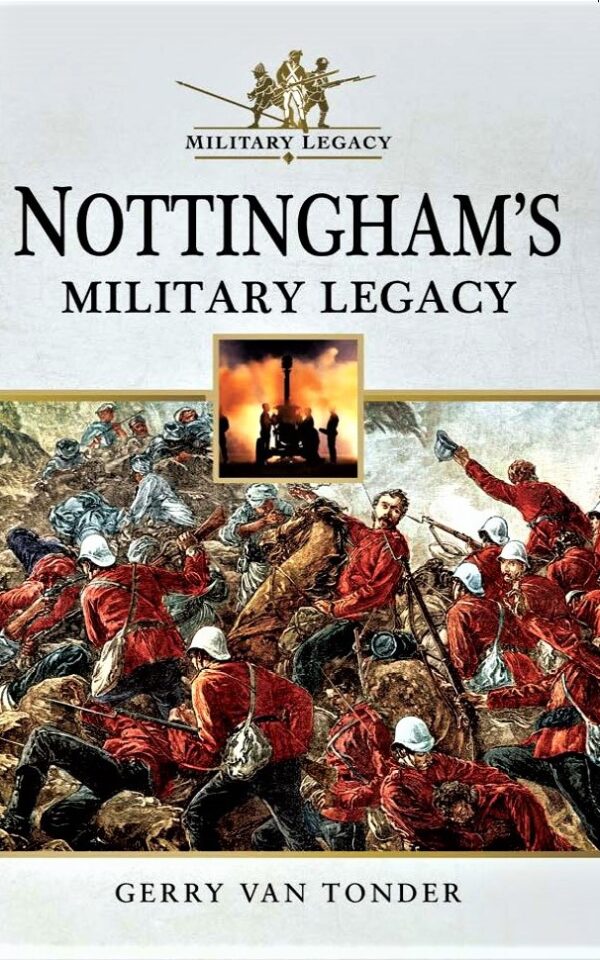China Invasion: People’s Liberation Army Crosses the Yalu October 1950–March 1951
"China Invasion: People’s Liberation Army Crosses the Yalu October 1950–March 1951" explores a pivotal shift in the Korean War, as Chinese forces enter North Korea, overturning UN advances. After MacArthur's push north, China's ambushes and strategic assaults force UN troops into retreat, notably at the Chosin Reservoir. This volume highlights the transition from UN dominance to a fierce battle for survival against a formidable Chinese military presence, marking a critical juncture in the conflict's trajectory.

